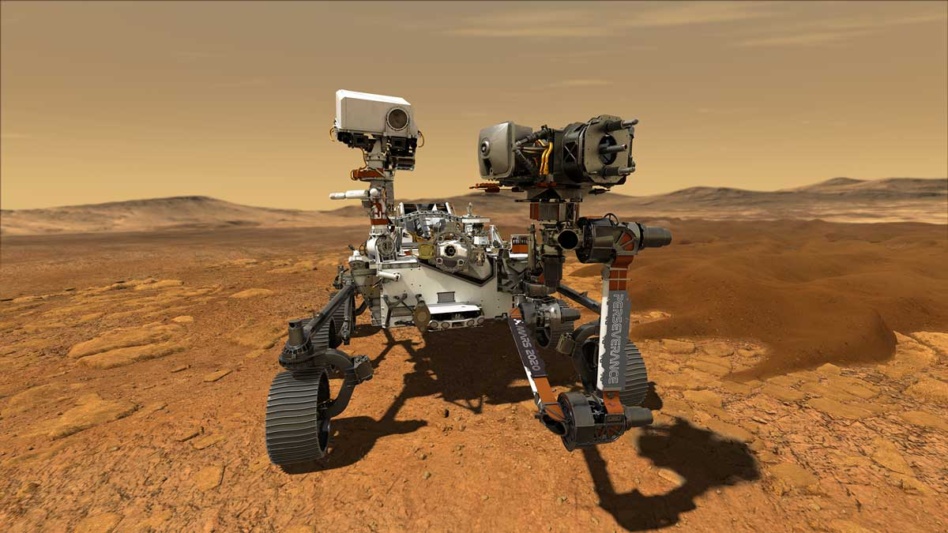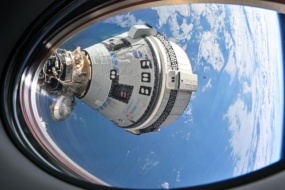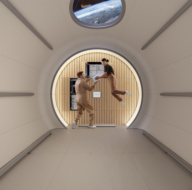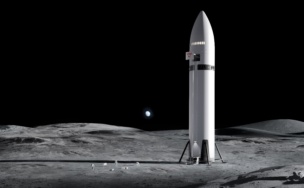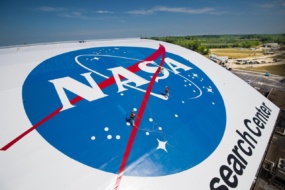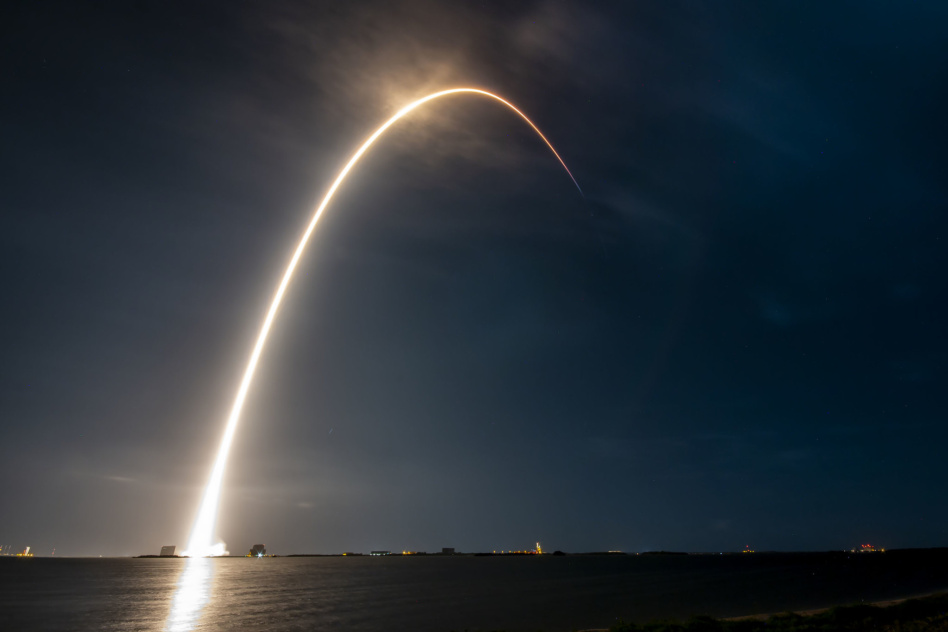On Thursday, an independent review board at NASA deemed the Mars Sample Return (MSR) program ineffectively designed and managed, problems that will force the ambitious mission to miss its budget and schedule targets.
- The board estimates that the program will cost between $8-9.6B, requiring more than a billion dollars per year for at least three years starting in 2025.
- The current 2028 target launch date is also unrealistic, and the board found a near-zero chance that NASA will be able to reach it.
Down to Earth: NASA’s plan to return samples from the Red Planet for analysis on Earth is already underway. The agency’s Perseverance rover has been trekking across the Jezero Crater since it landed in 2021, collecting samples of rock in small titanium tubes and storing them for future retrieval.
The MSR program in its current iteration would consist of several craft:
- The Sample Return Lander, to retrieve the samples from Perseverance
- The Mars Ascent Vehicle, to blast off with the samples and carry them to Mars orbit
- The Earth Return Orbiter, to rendezvous with the ascent vehicle in Mars orbit
- Capture Containment and Return System, to ferry the samples back home
The story so far: It doesn’t come as a shock that MSR is behind schedule and over budget. The Senate criticized the outsized cost of the program in July, proposing a budget of just $300M in FY24, well below the $949M NASA requested.
- Congress has provided $1.74B to the program over the past few years.
- The Senate threatened to cancel the program if NASA couldn’t rein in spending to bring the cost under the $5.4B estimated in the most recent decadal survey—a price that the independent review board found unrealistic.
What comes next? NASA has a chance to respond to the board’s findings and propose alternatives that may be able to fit within its budgetary constraints.
